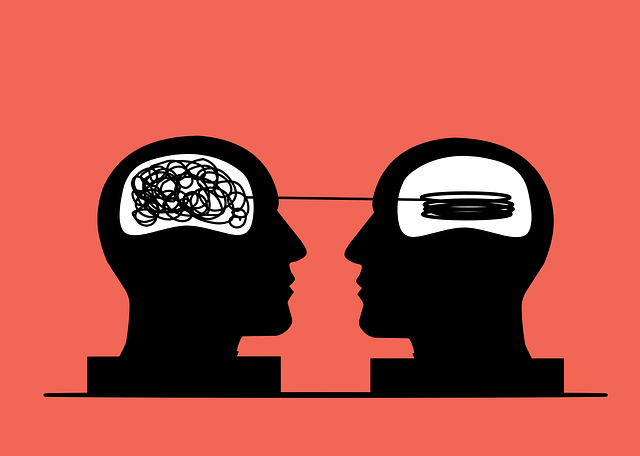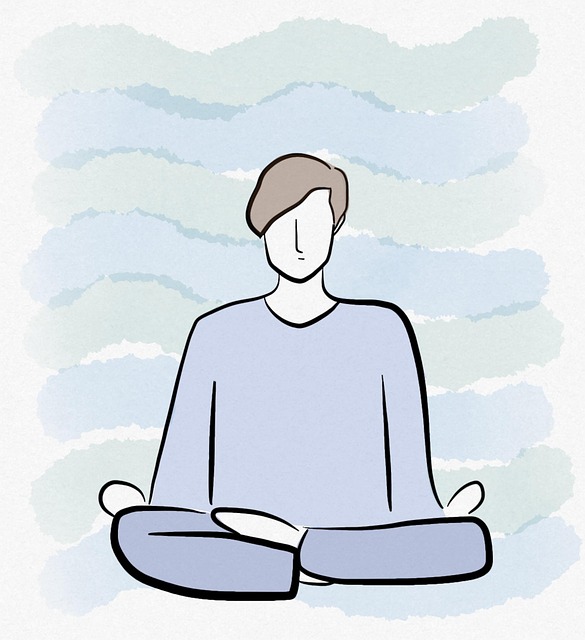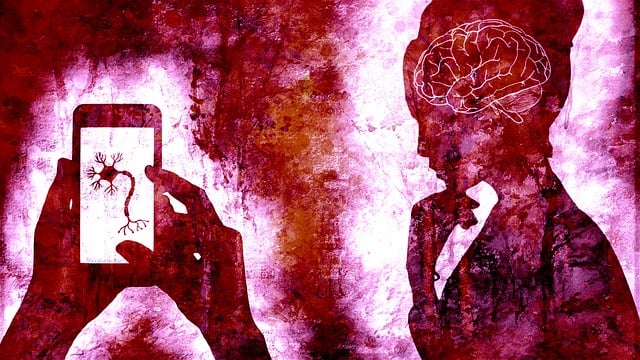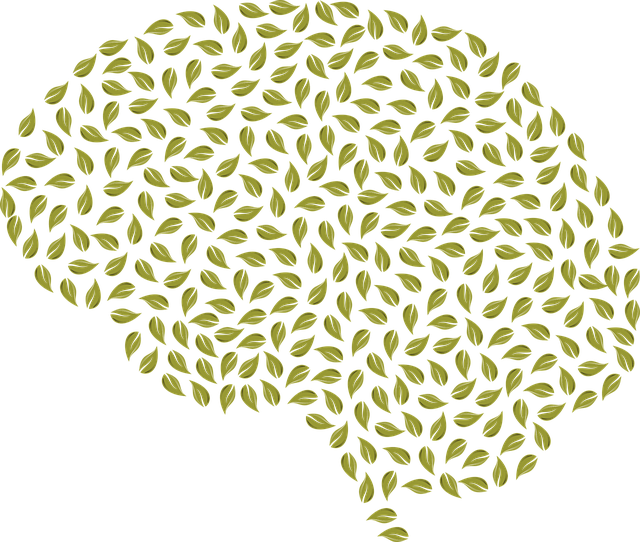Mental illness and domestic violence are deeply intertwined, with domestic violence exacerbating mental health issues like anxiety, depression, and PTSD. Effective therapy for domestic violence is key to long-term recovery, building resilience, and providing trauma support. Media representations of mental illness often perpetuate stereotypes, hindering support-seeking behaviors and access to resources like therapy. To combat this, diverse and realistic portrayals in media, along with training for healthcare providers, are crucial. Innovative approaches like media therapy, utilizing films and social media campaigns, destigmatize mental health issues and offer support resources, fostering community and understanding. By integrating coping mechanisms and promoting open conversations, media can significantly contribute to stigma reduction efforts, including those related to domestic violence.
In our modern world, media plays a pivotal role in shaping public perception about mental illness. However, prevalent stereotypes and misconceptions often lead to harmful portrayals, exacerbating the stigma surrounding these issues. This article delves into the complex interplay between mental health, domestic violence, and media representation. We explore effective strategies for positive depiction, emphasizing the power of accurate portrayal in fostering understanding. Furthermore, we discuss how media therapy can serve as a potent tool for promoting healing and awareness, particularly in addressing therapy for domestic violence.
- Understanding Mental Illness and Domestic Violence: The Complex Relationship
- Current Media Portrayals: Stereotypes and Misconceptions
- Effective Strategies for Positive Representation
- Promoting Healing and Awareness through Media Therapy
Understanding Mental Illness and Domestic Violence: The Complex Relationship

Mental illness and domestic violence are deeply intertwined issues that often require a comprehensive understanding and tailored support systems. Domestic violence, characterized by patterns of abusive behavior in intimate relationships, can significantly impact an individual’s mental health. Victims of such trauma may struggle with anxiety, depression, post-traumatic stress disorder (PTSD), and other psychological conditions. Simultaneously, addressing mental illness effectively involves recognizing its complex links to domestic violence as many individuals facing abuse might be reluctant to seek help due to fear, shame, or a lack of awareness about available resources.
Therapy for domestic violence plays a pivotal role in fostering resilience building and trauma support services. It equips survivors with coping mechanisms and stress reduction methods to navigate their experiences. By providing a safe space to process emotions, therapy sessions can aid in healing psychological wounds and empower individuals to break free from abusive cycles. This holistic approach, combining mental health care with domestic violence interventions, is essential for long-term well-being and recovery.
Current Media Portrayals: Stereotypes and Misconceptions

Media portrayals of mental illness often perpetuate stereotypes and misconceptions, contributing to stigmatization and hindering support-seeking behaviors. Common representations in films, television shows, and even news media typically focus on extreme scenarios or simplify complex conditions, leading to an oversimplified understanding of these health issues. For instance, domestic violence is frequently depicted as a sporadic event rather than recognizing it as a cycle that requires ongoing intervention and therapy for victims. This reinforces the idea that mental illness is rare or ‘weird,’ when in reality, many individuals struggle silently.
The impact of such portrayals extends beyond entertainment, influencing public perception and potentially deterring survivors from accessing vital resources like therapy for domestic violence. This challenges media platforms to embrace more nuanced storytelling, especially when addressing sensitive topics closely tied to mental wellness. Moreover, initiatives like the production of mental wellness podcast series can play a significant role in promoting understanding by providing accurate information and personal narratives that foster empathy and encourage support-seeking behaviors.
Effective Strategies for Positive Representation

Mental illness representation in media plays a pivotal role in shaping public perception and understanding. To challenge negative stereotypes and promote positive change, various effective strategies can be implemented. One key approach is to highlight individuals with mental health conditions as multifaceted and capable people, showcasing their diverse talents, aspirations, and personal growth journeys. This shift in narrative encourages empathy and fosters an environment where seeking support is normalized.
Additionally, integrating realistic portrayals of therapy processes, such as those for domestic violence, can offer valuable insights into the healing journey. Incorporating scenes that demonstrate the therapeutic process, the dynamics between clients and healthcare providers, and the various tools used can educate viewers while promoting understanding. Healthcare provider cultural competency training, crisis intervention guidance, and community outreach program implementation are essential components to ensure accurate and sensitive representation, thereby encouraging a more inclusive and supportive societal response towards mental health issues.
Promoting Healing and Awareness through Media Therapy

Media has a profound impact on shaping societal perceptions and attitudes towards mental health. In addressing the challenge of insufficient representation of mental illness in media, we find an opportunity to promote healing and awareness through innovative approaches like media therapy. This involves using various forms of media, such as films, documentaries, and social media campaigns, to destigmatize mental health issues, offer accurate portrayals, and provide support resources. By engaging with these mediums, individuals facing similar struggles can feel seen and understood, fostering a sense of community and reducing feelings of isolation.
One effective strategy within media therapy is incorporating techniques like mindfulness meditation and social skills training. These practices, when integrated into media content, encourage viewers to reflect on their own mental health experiences while learning valuable coping mechanisms and communication strategies. Additionally, by shedding light on the complexities of mental illness and its various manifestations, media can facilitate open conversations and promote empathy, ultimately contributing to meaningful mental illness stigma reduction efforts.
Media has a significant impact on shaping public perception, especially regarding mental health. By challenging stereotypes and promoting accurate, empathetic representations of mental illness and domestic violence, we can foster understanding and support. Implementing effective strategies, such as diverse storytelling and authentic character development, is crucial for positive change. Media therapy, as a powerful tool, enables healing and raises awareness, offering valuable resources for those affected by these issues, including Therapy for Domestic Violence. Through conscious efforts, media can contribute to a more inclusive and compassionate society.














